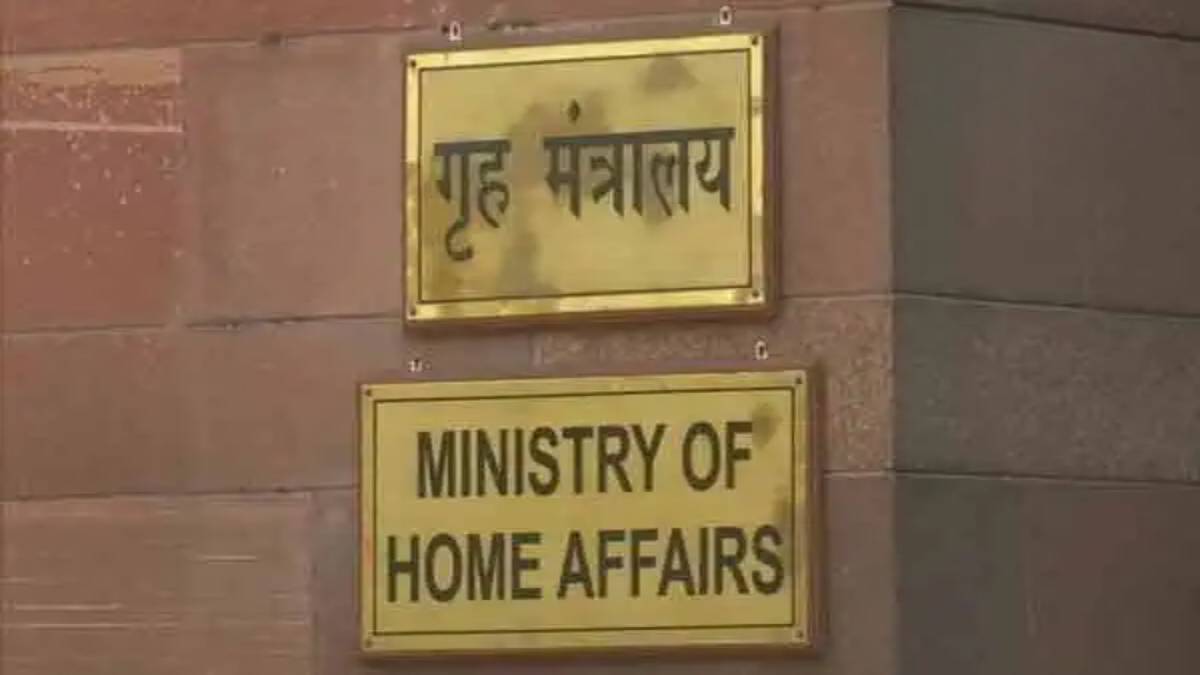In response to the rising threat of radicalisation in prisons, the Ministry of Home Affairs (MHA) has issued a detailed set of guidelines to all states and Union Territories, focusing on early identification, strict monitoring, and effective rehabilitation of radicalised inmates.
Highlighting prisons as potential breeding grounds for extremist ideologies, especially among vulnerable or alienated individuals, the MHA described radicalisation as a growing internal security challenge and called for a structured and proactive approach to tackle it.
Key Highlights of the Guidelines:
- Screening and Risk Assessment:
States and UTs are advised to develop standardised tools to identify inmates at risk of radicalisation upon entry and at regular intervals during incarceration. Law enforcement and intelligence units are to assist in profiling and monitoring high-risk individuals.
- Segregation and Surveillance:
Radicalised or high-risk inmates should be separated from the general prison population to prevent indoctrination. The guidelines recommend setting up independent High-Security Prison Complexes or dedicated wings for such individuals.
- De-radicalisation and Rehabilitation:
Tailored counselling programmes, cognitive behavioural therapy, and interaction with qualified religious scholars are recommended. Vocational training, formal education, and recreational activities should be included to instill a positive sense of purpose.
- Staff Training and SOPs:
Prison staff should undergo specialised training, including simulation exercises, to identify and manage radical behaviour. The MHA also called for clear Standard Operating Procedures for handling such inmates.
- Family Contact and Reintegration:
Maintaining family ties is encouraged as it helps improve emotional stability and aids de-radicalisation. States and UTs are asked to facilitate this through regulated visits and communication channels.
- Data Management and Research:
A secure, centralised database on radicalised individuals is to be maintained for monitoring and policymaking. The MHA also encouraged research on radicalisation trends and documentation of successful interventions.
The MHA reiterated that its aim is to assist states and UTs in strengthening correctional infrastructure. It recalled the earlier circulation of the Model Prison Manual, 2016 and the Model Prisons and Correctional Services Act, 2023, both of which contain provisions for classifying and housing high-risk inmates separately.
This latest directive follows earlier advisories from 2018 and 2023, urging states to enforce segregation, counselling, and surveillance of radicalised prisoners. The ministry expects the new guidelines to act as a strong framework for combating extremism within correctional facilities and facilitating long-term rehabilitation of inmates.





